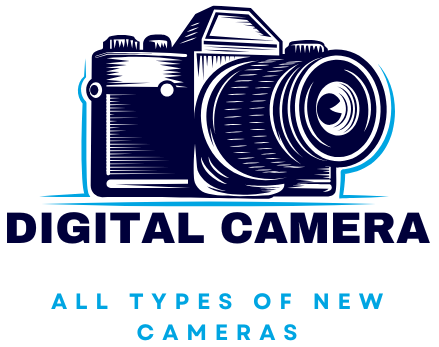What are the privacy laws regarding security cameras in the workplace
| We have chosen the BEST Home security camera with bargain price Now just for you ! Click HERE to check our different Home security camera for your need. Team choose the BEST Digital Camera |
Title: What are the Privacy Laws Regarding Security Cameras in the Workplace?
Introduction:
Security cameras in the workplace can be a valuable tool for ensuring the safety of employees and protecting company assets. Though,the use of these cameras raises critically important privacy concerns that must be carefully managed. In this article, we will explore the privacy laws surrounding security cameras in the workplace and provide guidance on how employers can comply with these regulations.
Privacy Laws Regarding Security Cameras in the Workplace:
When it comes too using security cameras in the workplace, employers must be aware of the various privacy laws that govern their use. Here are some key laws to consider:
- Federal Laws:
- The main federal law that governs the use of security cameras in the workplace is the Federal Wiretap Act. This law prohibits the interception of oral,wire,or electronic communications.
- Under this law, employers are generally allowed to use security cameras in public areas of the workplace where there is no expectation of privacy, such as hallways, break rooms, and lobbies.
- However, employers must obtain consent from employees before monitoring any areas where there is a reasonable expectation of privacy, such as bathrooms or dressing rooms.
- State Laws:
- In addition to federal laws, employers must also be aware of state laws that regulate the use of security cameras in the workplace. These laws can vary significantly from state to state.
- Some states require employers to provide notice to employees before installing security cameras,while others have specific requirements about where cameras can be placed and how surveillance footage can be used.
- Employee Monitoring Laws:
- Employers must also be mindful of laws that regulate the monitoring of employees through security cameras. In general, employers are not allowed to use security cameras to monitor employees in areas where they have a reasonable expectation of privacy, such as locker rooms or changing areas.
- Additionally, employers must be clear about the use of security cameras and inform employees of the areas that are being monitored.
Benefits of Using Security Cameras in the Workplace:
While there are important privacy considerations to keep in mind, there are also several benefits to using security cameras in the workplace. Some of the key benefits include:
- Deterrence of theft and vandalism
- Monitoring of employee safety
- Protection of company assets
- Increased productivity and efficiency
practical Tips for Employers:
To ensure compliance with privacy laws regarding security cameras in the workplace, employers can follow these practical tips:
- Develop a clear policy on the use of security cameras and communicate it to employees.
- Limit the use of security cameras to public areas where there is no expectation of privacy.
- Obtain consent from employees before monitoring any areas where there is a reasonable expectation of privacy.
- Store surveillance footage securely and only access it when necessary for legitimate business purposes.
Conclusion:
employers must navigate a complex web of privacy laws when using security cameras in the workplace. By understanding and complying with these regulations, employers can protect the privacy rights of their employees while still benefiting from the added security and safety that security cameras provide. it is indeed critically important for employers to stay informed about evolving laws and regulations in this area to ensure ongoing compliance.
| We have chosen the BEST Home security camera with bargain price Now just for you ! Click HERE to check our different Home security camera for your need. Team choose the BEST Digital Camera |
